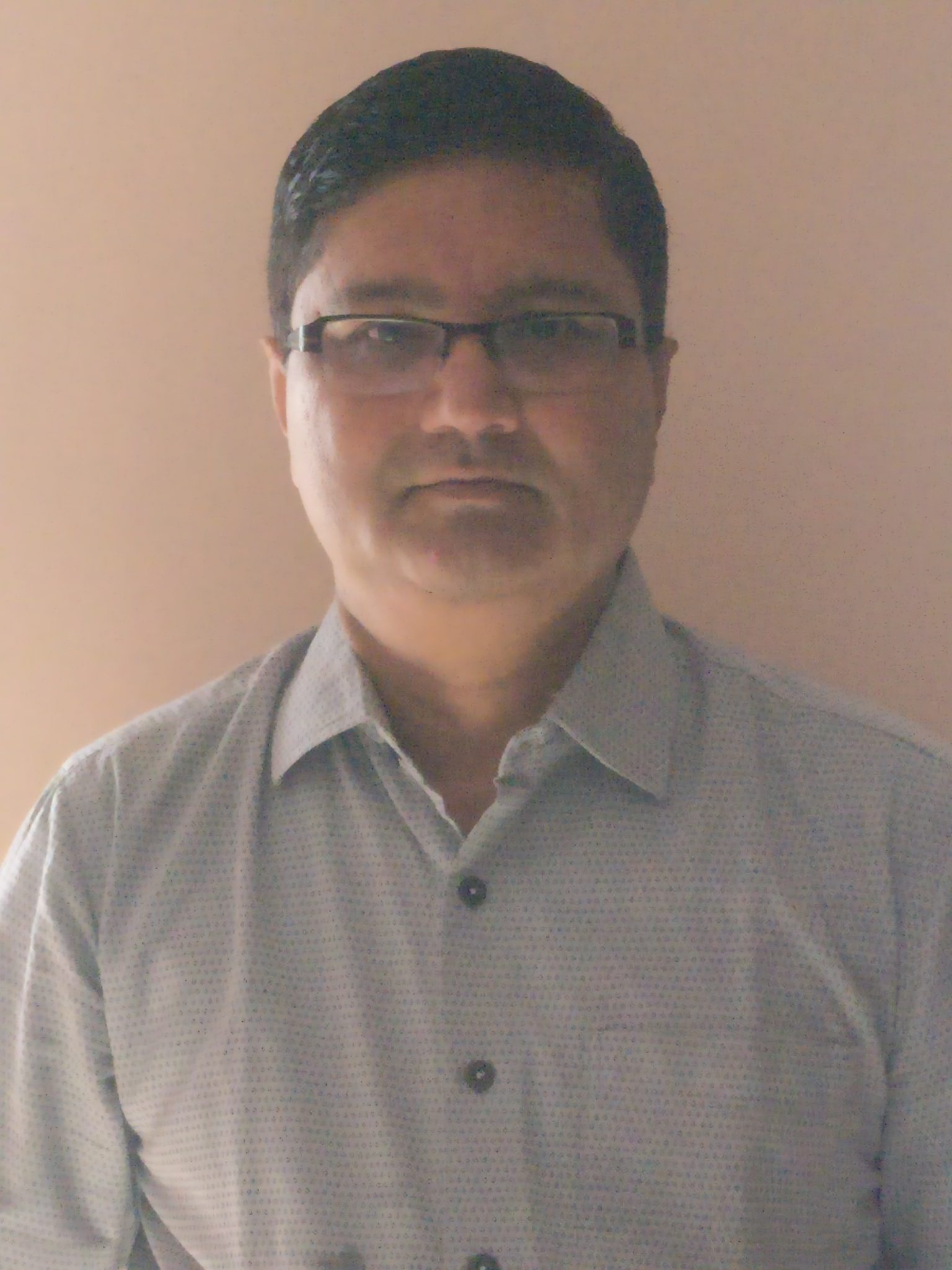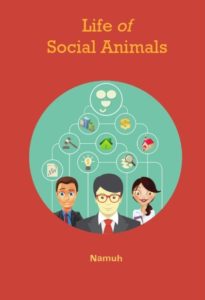

- up close & personal
- About
- media
- blogger Interviews
- Videos
Gemini
Which God’s image I like most. Do I have any habit not going into the realm of addiction? Why I do not use any proper nouns for criticism but use them only for inspiration?
Fear of uncertain events and incidents which come as a surprise and against my planning.
To develop an ideology in life that strikes a perfect balance between attachment to and detachment from anything, any place, any human being including myself and of course any other ideology.
Waking up after a sound sleep.
Not getting sufficient sleep.
James Bond
Erle Stanley Gardner, P.G.Wodehouse, Robin Sharmato name of few.
Travelling at the speed of light.
My death has created a little more room for humanity to thrive and survive
Any country with a pleasant weather. Because weather is the most precious and the most natural asset of any country for creative minds of writers and also all other human beings.
To communicate with as many people as possible simultaneously.
In my office at any time during office hours. I am a self-employed software professional and always in front of my computer. And since as time passes, writing is taking over my software profession, you can also call my office “factory of thoughts” where I manufacture my ideas of writing.
Music, of course.
You can enjoy your identity at any time, any where, under any circumstances and with people of any kind.
None. I am a purposeful writer and not an impulsive writer. In fact, writing to me is being honest with my feelings generated in my own personal life which is like that of any happy and healthy individual wanting to lead a happy and peaceful life.
I do not indulge in any such pleasure. I indulge only in pleasures which I never feel guilty about or to put it more politically correctly, I never feel guilty in my reading pleasures. To make me reveal more, you will have to get personal with me or discuss my book with me.
Socialize as much as possible in real life and on social media without being an introvert and connect your experiences in real life with your writings.
Born and brought up in Chennai, India, with education in Chemical Engineering from Anna University, Chennai, and Software Development from NIIT, Chennai, Paresh P Ajmera is a self-employed computer software developer at Chennai, India. He is good at understanding and explaining different human perceptions as a system in an extremely logical and practical manner. Paresh is a complete family man with a son and a daughter. The author has written this book with a lot of awareness of any modern materialistic society and the weaknesses of religious leaders to explain the same completely and practically. With attendance in places of worship being mostly social obligations, with the strict dictates of any success-driven materialistic society of today and with psyches of today’s readers shaped by “god-daring” books, religious books offering practical and mundane solutions, popular philosophy, general psychology and self-help books of contemporary world, the author is visible in this book as a crusader for enjoyment of human identity in a selfish yet moral manner. Also, things which disturb or affect individuals or mass psychology of humanity in any manner or constrain their philosophical viewpoints have always been and will remain his source of inspiration in his career. Paresh Ajmera’s abilities to write this book are primarily because of his being brought up in India (the East) and his exposure to the Western world through movies, literature and news. In India, every move of our lives is measured by traditions (religious or social or legal or whatever) which according to Paresh is quite dictatorial and less liberating. And in the West, every move of life is measured by one’s success and uniqueness (be it psychological, philosophical, cultural, materialistic or just novel). The only weakness in any success-driven and materialistic society is that people do things beyond their psychological, physical and moralising powers, thanks to their never-ending race for success and materialism. Thus, this book acts as a bridge connecting and compromisingly merging the thoughts of the West and the East. And since his own roots are in Jain religion, his non-parochial, secular and humane approach to the concept is highly visible in this book.He has been greatly influenced by the richness of English language and its impact on human thought processes and societal happenings. He has feelings and thoughts like any common but modern man, woman or teen interested in societal and materialistic living infused by spiritual leanings. Paresh likes to share such thoughts and feelings with every human being. He has never aimed to be any authoritative figure. The best way to describe him is a “Watch-man” of humanity (an observer and a reporter of contemporary personal thoughts and cultures of human beings inspiring them to be as evolutionary as possible and self-protectors and celebrators of their own individual identities).
No media found.
No videos found.



